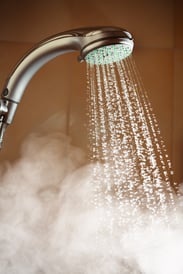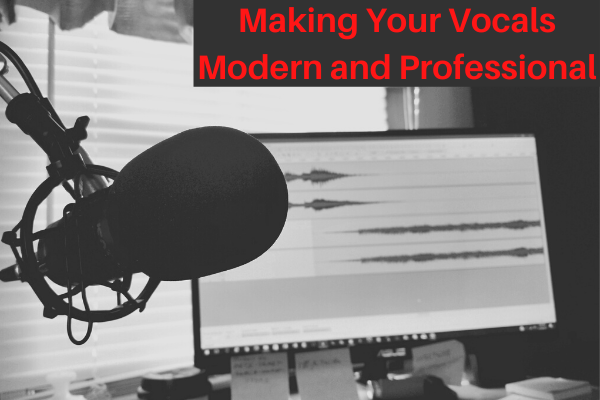We all know that hydration is good for the voice (and if you don’t know, now you know: DRINKING WATER = A HAPPY VOICE AND A HEALTHY SINGER), but what is the best, quickest way to ensure that your body is adequately hydrated?
In this article, we will discuss the different techniques that you can try to help keep your voice in tip-top shape and ready for a performance
Table Of Contents
Systemic Hydration
 There are two ways to hydrate the vocal folds (or “chords,” as they are also known): by drinking water, and by inhaling
There are two ways to hydrate the vocal folds (or “chords,” as they are also known): by drinking water, and by inhaling
When you drink water, the water does not actually touch your vocal folds or moisten them directly; the water goes down your esophagus and into your stomach, where it will eventually contribute to your overall hydration, including your vocal folds.
If you’re drinking enough water and treating your voice right, steaming shouldn’t be necessary! If you know you are going to be singing, plan to drink plenty of water in the days leading up to your performance (chugging a glass of water right before you sing certainly will not hurt you, but it will not necessarily have an immediate effect on your voice).
Direct Hydration
There is, however, a way to get the water directly to your vocal folds, and that is steam. Have you ever noticed that after a hot shower, a hoarse voice sounds and feels markedly better?
That’s because inhaled steam directly touches your vocal folds, providing the moisture needed to for them to do their job without strain or injury.
Inhaling steam can be beneficial when you are sick, when you have lost your voice, or when the climate is especially dry.
Ways to Steam
 As mentioned above, a shower with hot water provides steam (though often not enough to make a big difference to your voice).
As mentioned above, a shower with hot water provides steam (though often not enough to make a big difference to your voice).
Another tried and true method is boiling a pot of water, removing it from the stove, using a towel to contain the steam, and putting your head under the towel.
If you don’t own a personal vocal steamer and need a lot of steam in a pinch (say, if you wake up sick the day of a performance), this method can be a lifesaver—just be careful not to burn yourself!
Buying a personal steamer from a drugstore can be a great investment for singers. If you follow some of your favorite singers on social media, you may see them inhaling steam, or “steaming,” in their dressing rooms between performances or before a long day of singing.
Personal steamers are certainly a convenient alternative to the boiling pot of water because the steamer regulates the output of steam into a gentle flow, and the plastic piece that fits over your mouth and nose ensures that you breathe in the steam easily.
They are portable, quick, and produce a good amount of steam.
You can also go into a steam room (NOT a sauna—a sauna is very dry and will have the opposite effect on your voice
Humidifiers?
Certain times of the year or high altitudes can be especially dry, which will affect your voice and vocal health.. If you wake up with a dry throat every morning during the winter, a humidifier is a great way to get more moisture into the air.
Just make sure that you keep your humidifier clean; some models make this tricky!
Conclusion
Using a steamer is a great way to quickly and directly hydrate your vocal folds, especially for singers or other performers who use their voices in demanding and extraordinary ways.
However, this is not an alternative to drinking plenty of water!
You’ve probably heard it a million times already, but it bears repeating: you should be drinking at least eight 8-ounce glasses of water a day (and if you are doing things that dehydrate you-- drinking alcohol, smoking, and/or consuming a lot of caffeine-- you might need to drink even more water than that).
Interested in learning more about how you can improve your singing voice? What should you drink? Will singing every day help your voice?
Think that you are ready for a career as a professional vocalist?
Check out our Vocal Degree Program and learn how the professional voice staff at AIMM can help your career blossom.
















